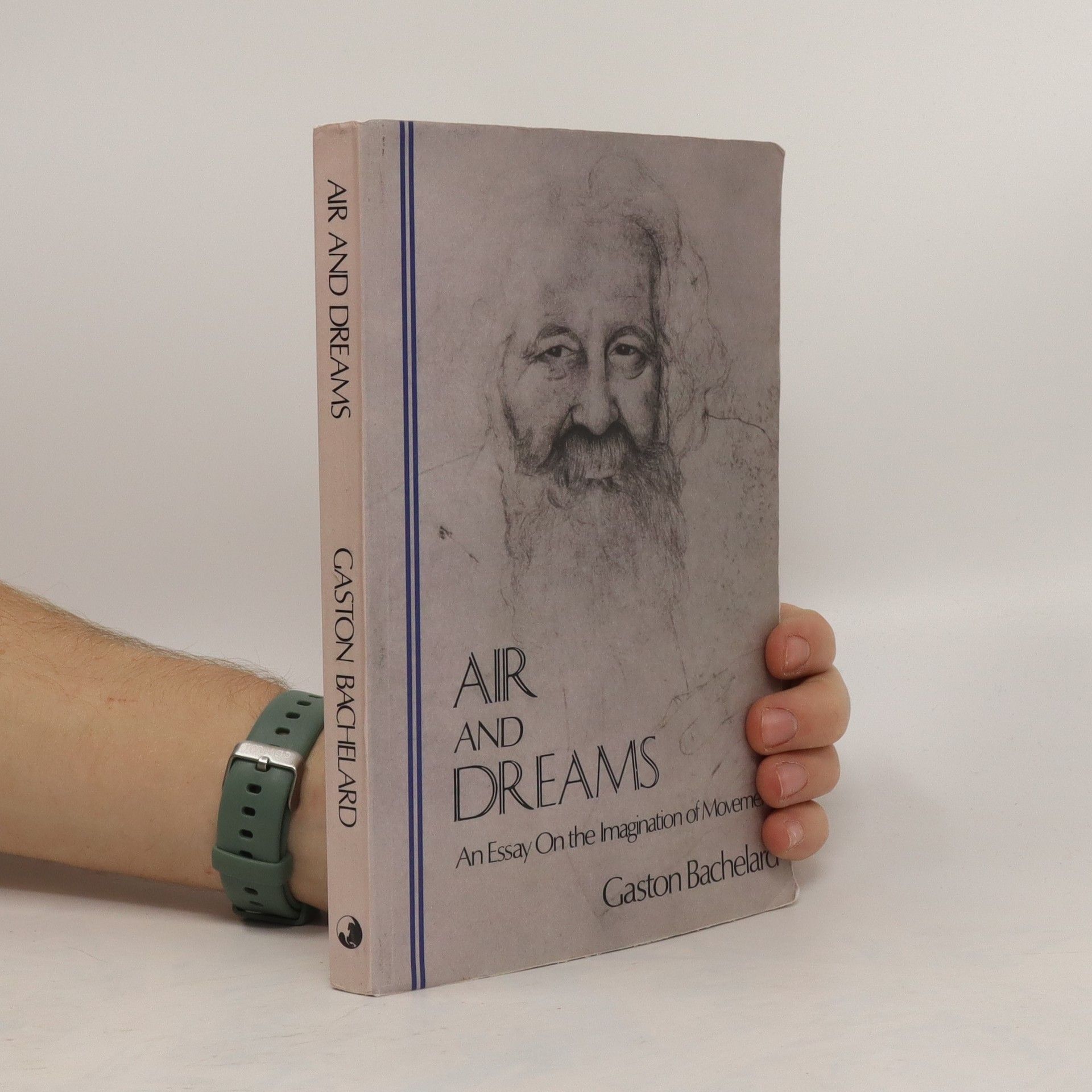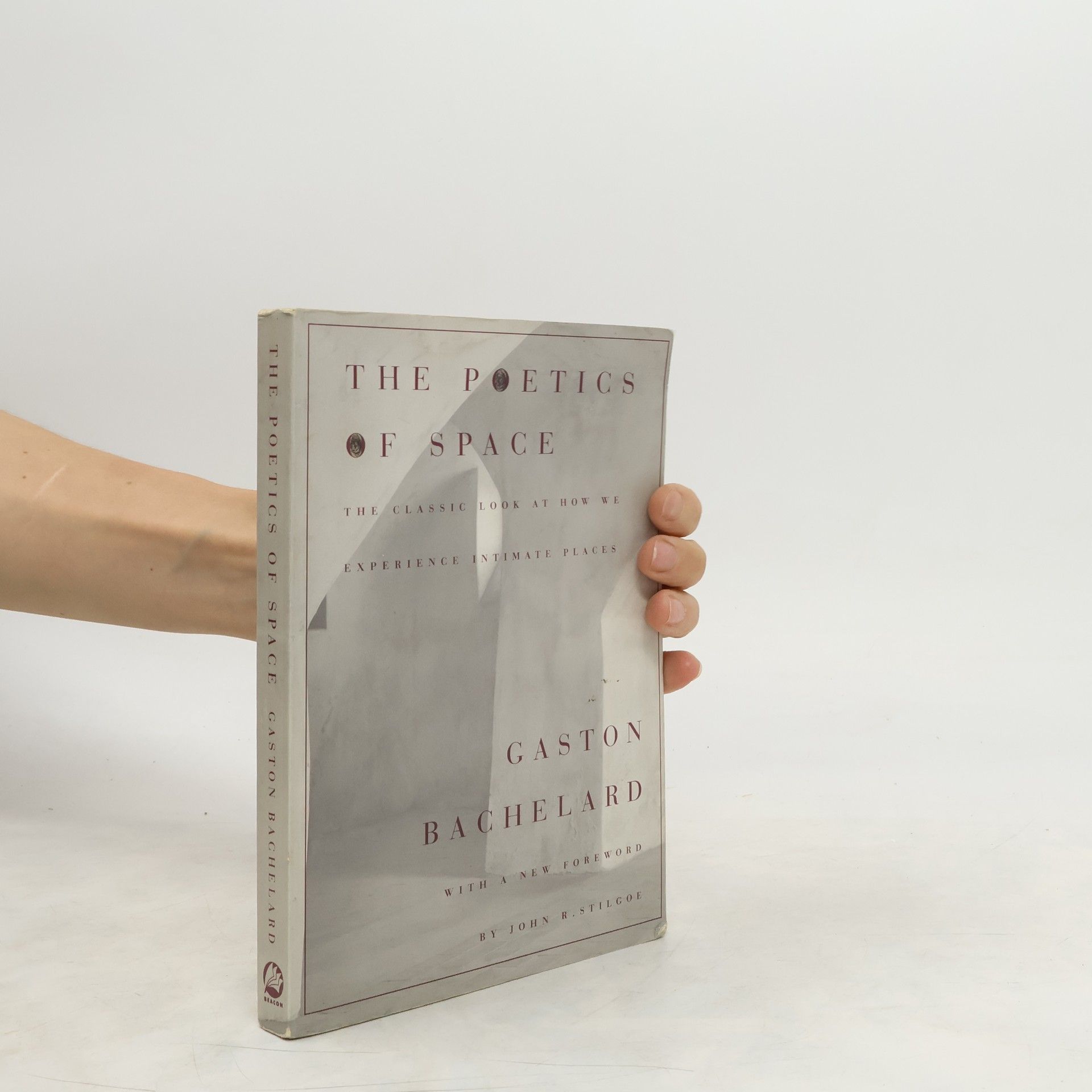Gaston Bachelard Livres
Gaston Bachelard fut un philosophe français qui s'éleva aux plus hautes sphères de l'académie française. Son œuvre la plus marquante se situe à la croisée de la poétique et de la philosophie des sciences. Dans ce dernier domaine, il introduisit les concepts d'obstacle épistémologique et de rupture épistémologique. Ses idées exercèrent une influence considérable sur de nombreux philosophes français ultérieurs, tels que Michel Foucault et Louis Althusser.

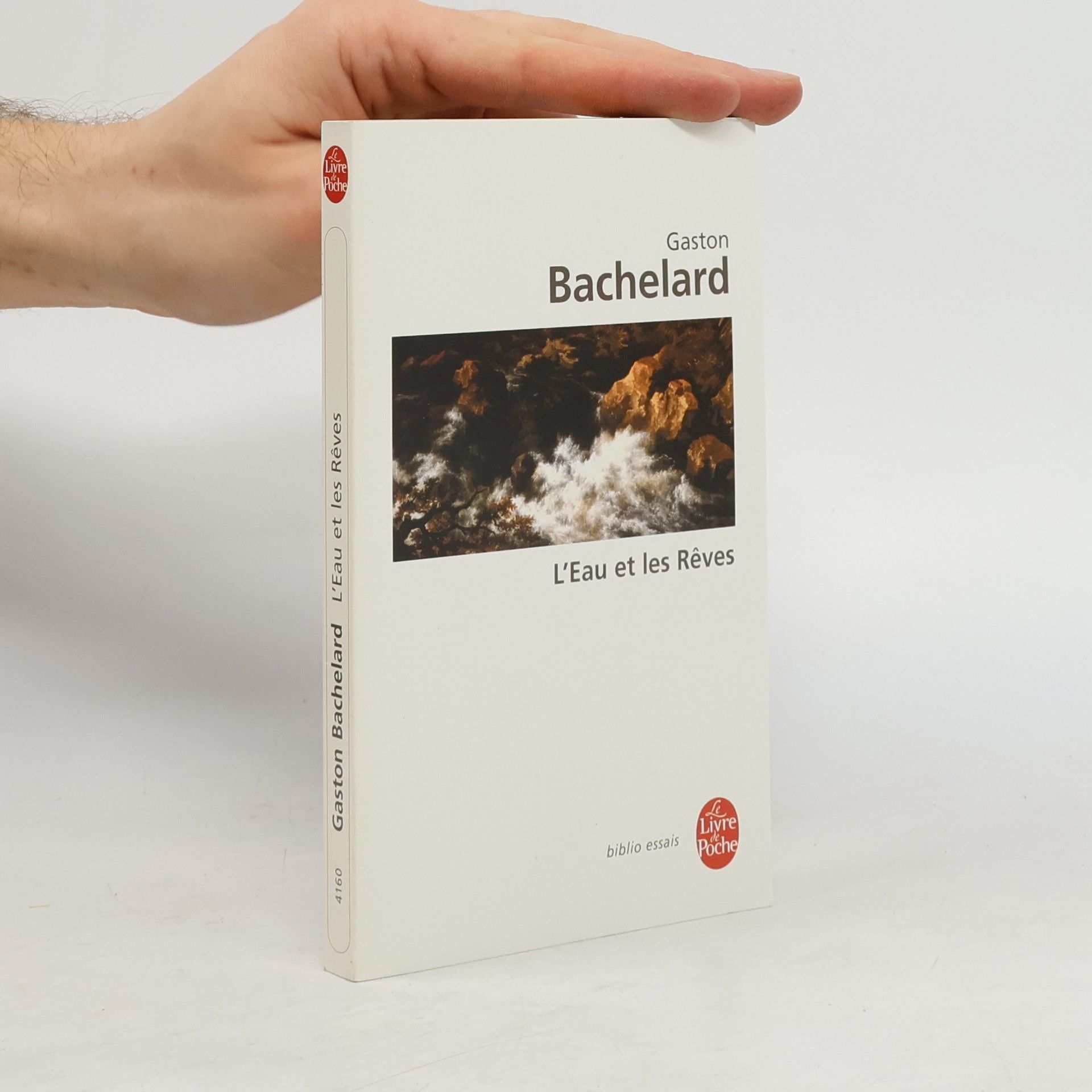
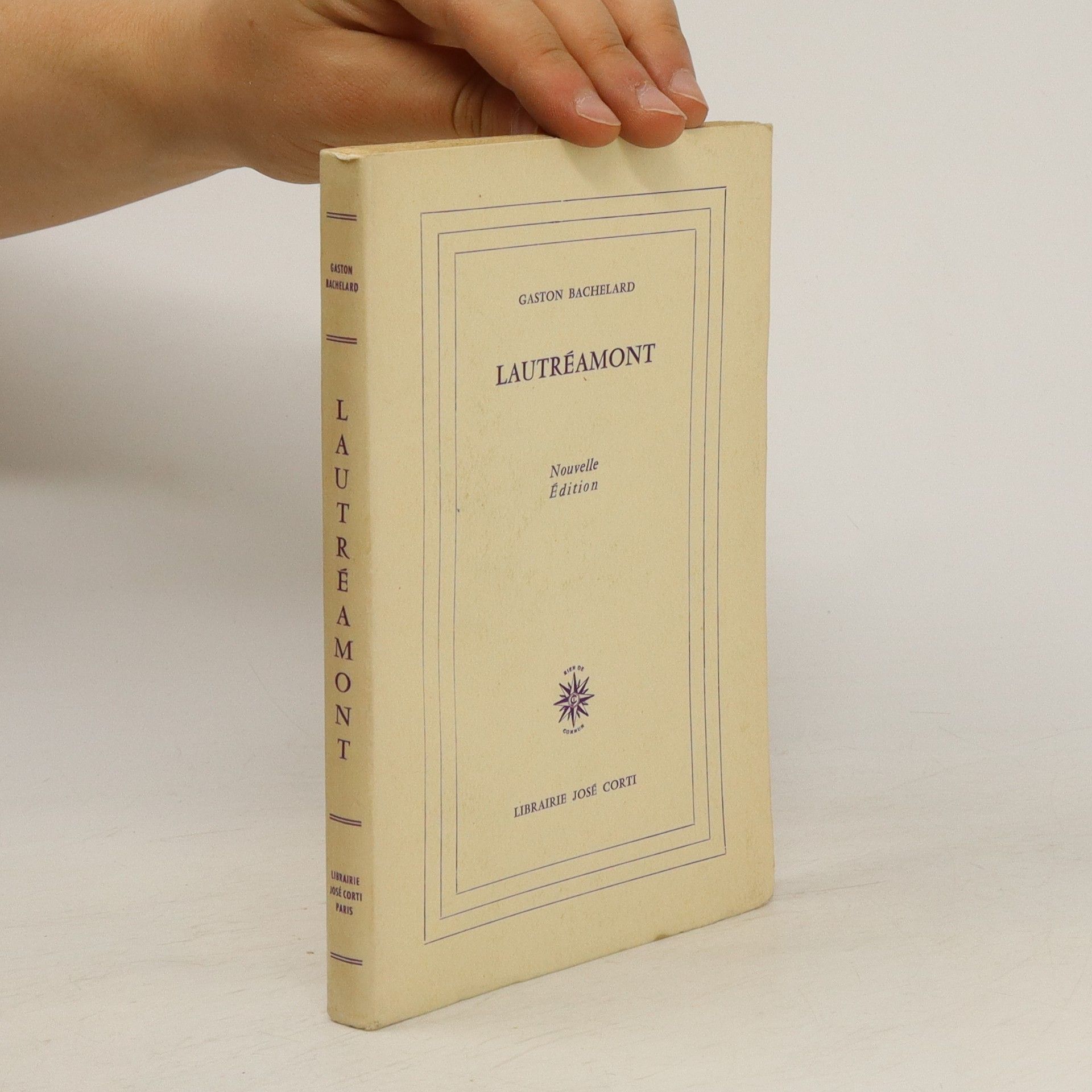
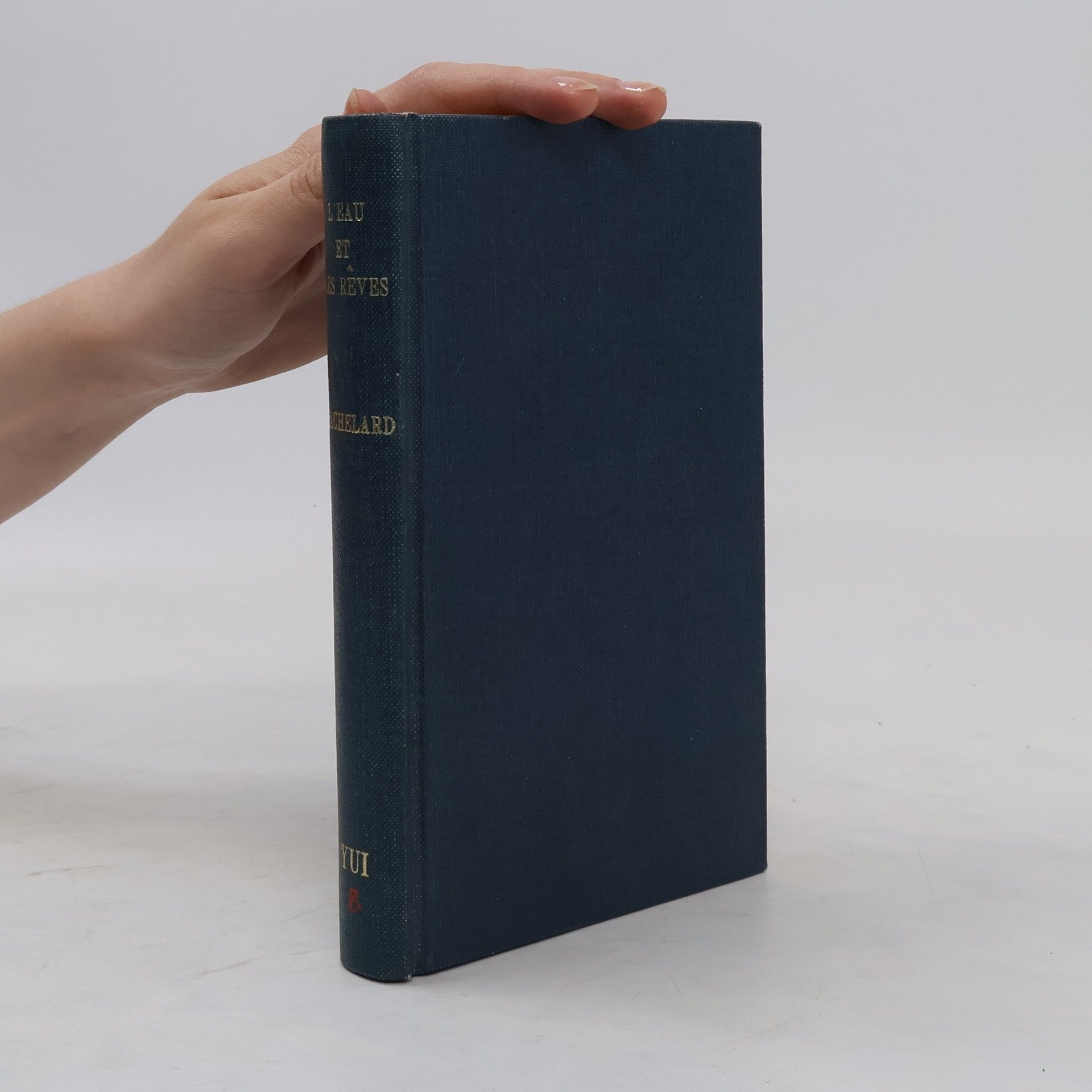
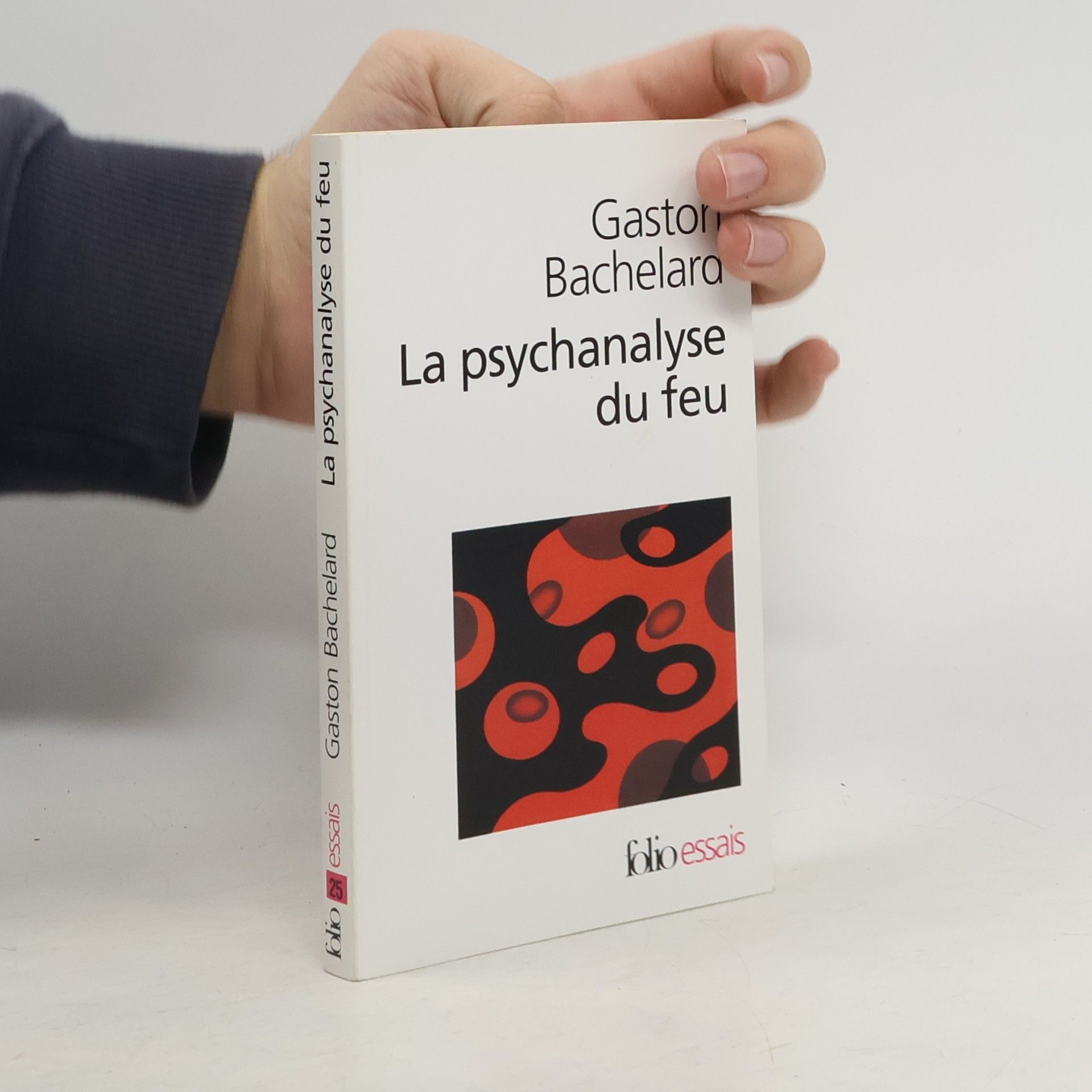

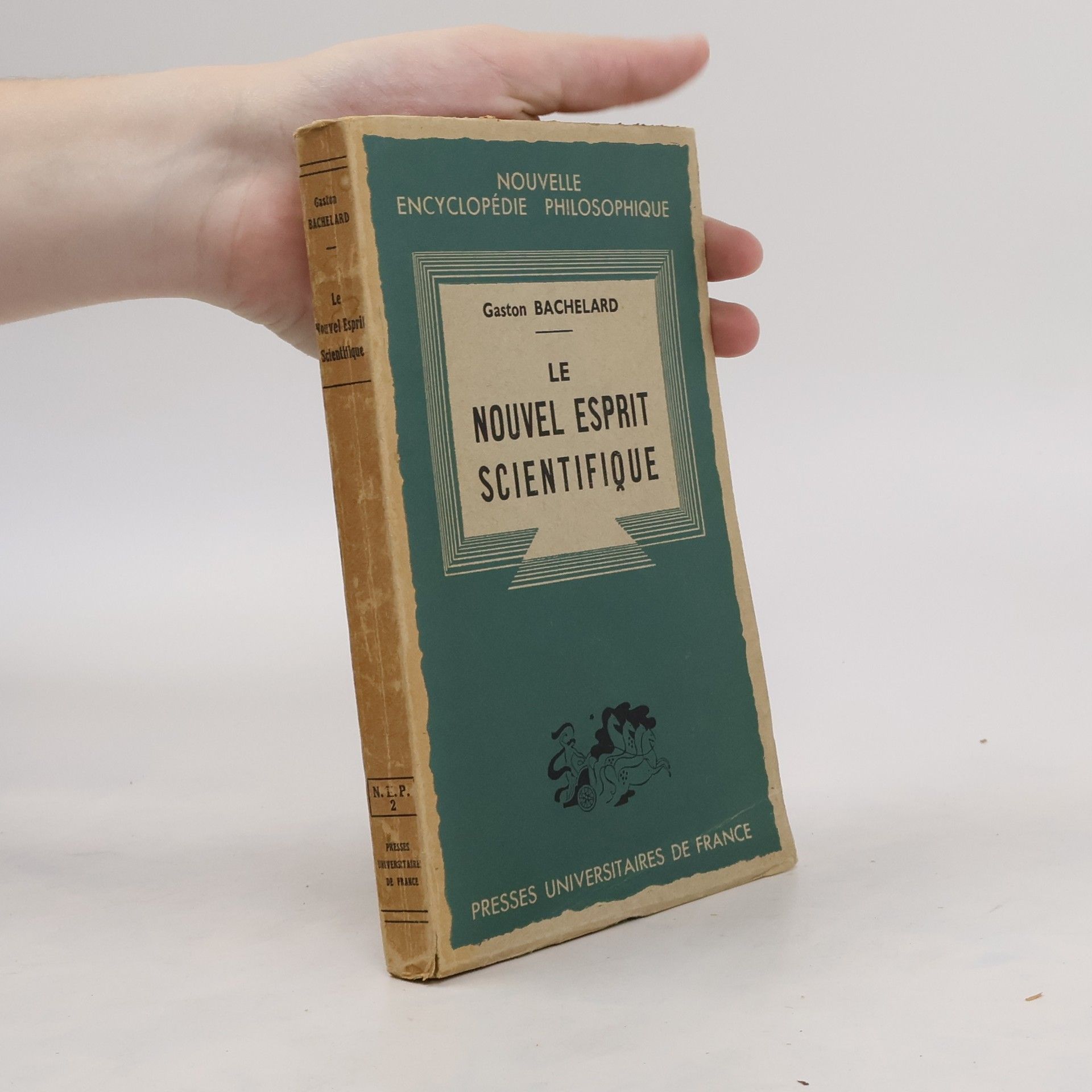
La formation de l'esprit scientifique
contribution à une psychanalyse de la connaissance
- 308pages
- 11 heures de lecture
Utilisant les concepts psychanalytiques, l'auteur montre comment, dans la science, le language constitue le véhicule privilégié de l'anthropomorphisme et comment les projections affectives constituent autant d'obstacles épistémiologiques à son développement.
A l'écoute de l'eau et de ses mystères, Gaston Bachelard entraîne son lecteur dans une superbe méditation. Plongée fascinante depuis les surfaces brillantes et claires, où naissent les images fugitives, jusqu'aux profondeurs obscures, où gisent mythes et fantasmes. Le texte d'un philosophe érudit métamorphosé en poète.
Air and Dreams
- 298pages
- 11 heures de lecture
Gaston Bachelard employs his deep understanding of the poetry of figures like Poe, Blake, Shelley, and Nietzsche to enhance the imagery of airy elements in his exploration of the imagination. The translations of Bachelard's works into English were initiated by Joanne H. Stroud in 1981, aiming to bring his insights on imagination to a wider audience. Renowned as a pivotal modern French thinker, Bachelard wrote twenty-three books from 1929 to 1962, focusing on the philosophy of science and the imagination of matter. His influence spans various humanities disciplines, including art, architecture, literature, language, poetics, philosophy, and depth psychology. Bachelard's academic career included positions at the College de Bar-sur-Aube, the University of Dijon, and the Sorbonne, where he held the chair of history and philosophy of science from 1940 to 1962. An amphitheater at the Sorbonne bears his name, a distinction he shares with notable figures like Descartes and Richelieu. In 1961, he received the Grand Prix National Lettres, becoming one of only three philosophers to achieve this prestigious honor. His profound impact continues to resonate across the humanities.
In this, his last significant work, an admired French philosopher provides extraordinary meditations on the relations between the imagining consciousness and the world, positing the notion of reverie as its most dynamic point of reference. In his earlier book, The Poetics of Space, Bachelard considered several kinds of "praiseworthy space" conducive to the flow of poetic imagery. In Poetics of Reverie he considers the absolute origins of that imagery: language, sexuality, childhood, the Cartesian ego, and the universe. Approaching the psychology of wonder from the phenomenological viewpoint, Bachelard demonstrates the aurgentative potential of all that awareness. Thus he distinguishes what is merely a phenomenon of relaxation from the kind of reverie which "poetry puts on the right track, the track of expanding consciousness"
The Dialectic of Duration
- 162pages
- 6 heures de lecture
Exploring the nature of time, Gaston Bachelard responds to Henri Bergson's theories by presenting a view of experienced time as fractured and interrupted. This work lays the foundation for Bachelard's innovative philosophy of science, emphasizing the importance of human context and the interplay between rationality and the irrational. Through this lens, he challenges conventional perceptions of the physical world and material events, offering a profound rethinking of scientific philosophy.
The classic book on how we experience intimate spaces. "A magical book. . . . A prism through which all worlds from literary creation to housework to aesthetics to carpentry take on enhanced-and enchanted-significances. Every reader of it will never see ordinary spaces in ordinary ways. Instead the reader will see with the soul of the eye, the glint of Gaston Bachelard." -from the foreword by John R. Stilgoe 6473-4 / $15.00tx / paperback
